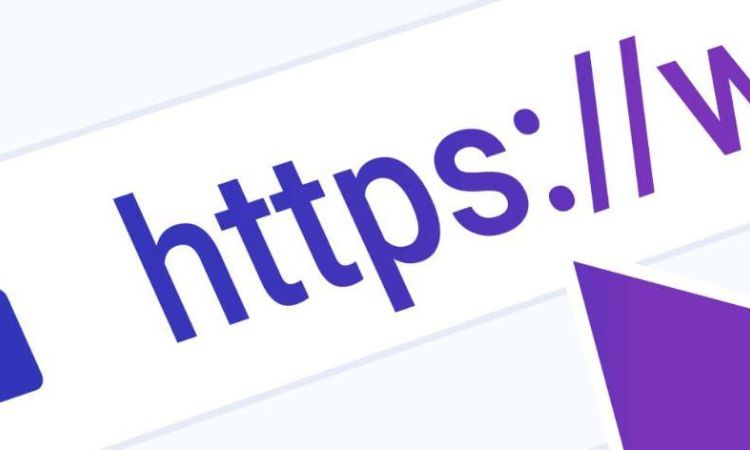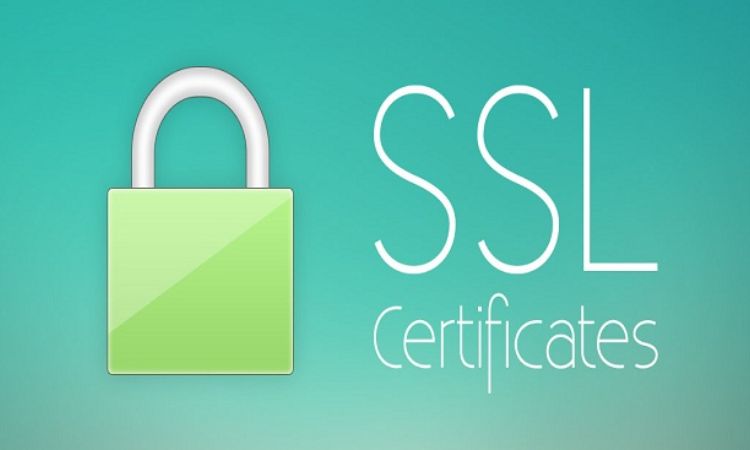In the online betting environment, where players constantly provide personal information and conduct financial transactions, website security becomes a vital factor. Terms such as HTTPS, SSL, firewall, or multi-factor authentication are no longer strange, but not everyone understands their role. This article by In 999 will help you fully and easily understand the most basic and important security components on a reputable betting website – where user data security is the top priority.
1. Overview of betting website security
Betting websites operate in a high-risk security field, due to the frequent handling of:
Sensitive personal information: full name, address, phone number, identification documents
Financial data: credit card information, e-wallet, bank account
Transaction history, bets and game results
Therefore, these platforms need to be built on a tight security infrastructure to ensure that players are not exposed to information leaks, fraud or cyber attacks.

2. What is HTTPS and why is it important?
2.1. What is HTTPS?
HTTPS stands for Hypertext Transfer Protocol Secure, which is a secure version of the HTTP protocol – used to transmit data between browsers and websites.
HTTPS uses the SSL/TLS protocol to encrypt data, helping to:
Protect information from being eavesdropped by third parties
Prevent the risk of website impersonation (phishing)
Increase user trust when accessing the website
2.2. Signs of recognition
You can identify a website using HTTPS by:
Checking if the link starts with “https://”
The padlock icon appears on the left side of the browser address bar

3. What is SSL and how does it work
3.1. SSL definition
SSL (Secure Sockets Layer) is a security technology standard that helps establish an encrypted communication channel between the server and the user’s browser. Currently, SSL has been replaced by a more advanced version called TLS (Transport Layer Security), but the name SSL is still commonly used.
3.2. How SSL Works
When a user visits a website with SSL:
The browser requests an SSL certificate from the server
The server sends the SSL certificate with a public key
The browser verifies the certificate, generates a private key, and establishes a secure connection
3.3. Benefits of SSL in betting websites
Protect login and transaction data
Reduce the risk of fraud and phishing attacks
Increase the website’s reputation with players and search engines

4. Other security factors on betting websites
4.1. Multi-factor authentication (2FA)
2FA requires users to provide two layers of authentication information when logging in, usually:
Login password
OTP code sent via email/SMS or authentication application
This solution significantly reduces the risk of account hacking, especially in the event of a password leak.
4.2. Database encryption
Not only the communication between the browser and the server needs to be encrypted, but also the data stored in the system such as user profiles and betting history needs to be encrypted to avoid leakage when attacked by the network.
4.3. Firewalls and intrusion prevention systems
Firewalls and IDS/IPS (Intrusion Detection/Prevention System) help:
Prevent attacks from hackers
Detect unusual activities from strange IP addresses
Protect server infrastructure and user data
4.4. Security certificates and third-party audits
Reputable betting platforms often have certifications from organizations such as:
eCOGRA, iTech Labs: ensure fair games and proper RNG operation
SSL Labs, McAfee Secure: evaluate the overall security level of the website
These certificates are often placed in the footer of the website for users to easily check.
5. Consequences of lack of security on betting websites
Failure to implement effective security measures can lead to serious consequences such as:
Player information leakage: affects reputation and can lead to lawsuits
Loss of transaction data: causes financial damage to both players and bookmakers
DDoS attacks: causes website shutdown, loss of revenue
Website fraud: tricks users into depositing money into fake websites
Therefore, investing in security is not only a legal responsibility but also a long-term business strategy.
6. How can players check the security level of a betting website?
Players can take the following steps to initially assess the security level of the website:
Check HTTPS and the padlock icon
View SSL certificate information: click on the padlock to see the organization that issued the certificate
Find an audit certificate: from eCOGRA, iTech Labs, or other security organizations
Read the privacy policy: to know how to handle user information
Evaluate reviews from the community: on forums or reputable casino review sites
7. The future of security in the online betting industry
Along with the development of technology, cyber attacks are also becoming more and more sophisticated. Therefore, betting websites need to constantly update new security technologies such as:
Biometric authentication
Blockchain for transaction storage
AI in detecting abnormal behavior
Smart players will always prioritize platforms that invest heavily in security – as a form of self-protection.
Security is the foundation for the sustainable development of online betting websites. From using HTTPS, integrating SSL certificates, to implementing advanced protection layers such as 2FA or firewalls, each factor contributes to ensuring data security and user experience. When choosing a bookmaker, players need to pay attention to security factors as much as odds or promotions – because safety is a prerequisite for complete entertainment.
See more:
